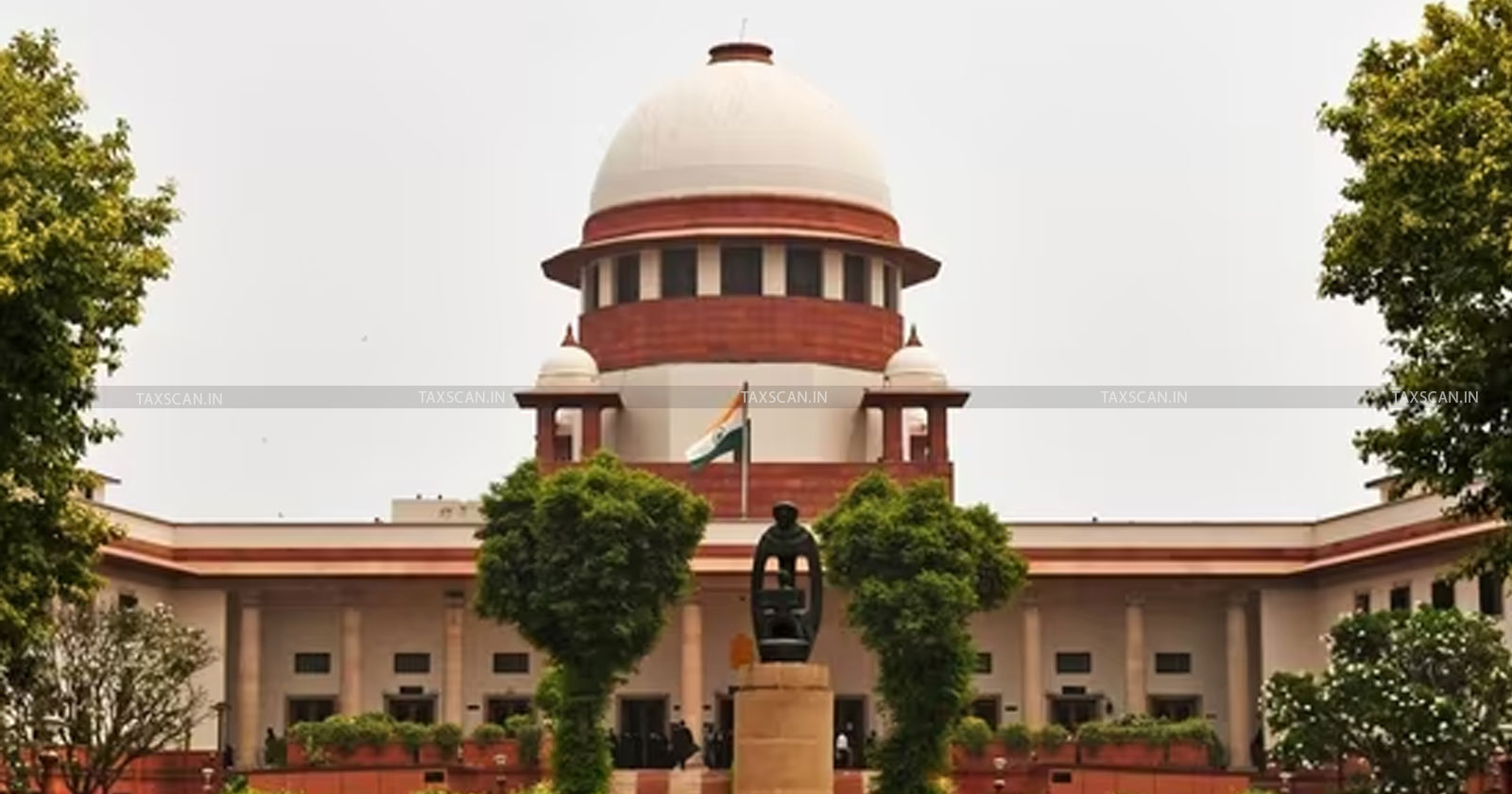Supreme Court refuses Plea for 3 year LLB Course after +2/12th, says "We need mature People in Legal Profession"
“We need mature people coming into the profession...This five years course has proven to be very beneficial” - CJI D.Y. Chandrachud

Supreme Court – 3 year LLB Course – Legal Profession – TAXSCAN
Supreme Court – 3 year LLB Course – Legal Profession – TAXSCAN
The Supreme Court declined to entertain a Public Interest Litigation ( PIL ) seeking permission for students to pursue three-year LL.B. courses immediately after completing 12th grade.
During the hearing, Chief Justice of India (CJI) D.Y. Chandrachud expressed skepticism about the necessity of a three-year law course right after high school. The CJI stated that “We need mature people coming into the profession...This five years course has proven to be very beneficial”
A PIL filed in the Supreme Court has stirred debate by advocating for a three-year law degree program to be made available immediately after completing higher secondary studies (+2/12th Standard). Currently, the LL.B course, accessible post-12th grade, spans a lengthy five years.
The plea contended that the five-year duration for LL.B is "unreasonable and irrational," highlighting that a three-year law degree is only accessible to graduates.
Advocate Ashwini Upadhyay, the petitioner, urged the Centre and Bar Council of India to establish an Expert Committee to assess the feasibility of introducing a Bachelor of Law program after 12th Standard, akin to existing Bachelor of Science, Bachelor of Commerce, and Bachelor of Arts courses.
Upadhyay's argument hinged on the efficiency of covering 15-20 subjects within three years (or six semesters), deeming the current ten-semester duration excessive and arbitrary. This extended timeframe, the petition argued, not only burdens students financially but also fails to optimize the learning process. Moreover, it raises concerns regarding potential violations of Articles 14 and 21 of the Constitution.
However, despite these arguments, the Court remained hesitant to entertain the plea. CJI Chandrachud pointed out the significant representation of women in the district judiciary and suggested withdrawing the petition to make representations to the BCI. Eventually, the Court instructed the petitioner to withdraw the PIL.
Support our journalism by subscribing to Taxscan premium. Follow us on Telegram for quick updates


